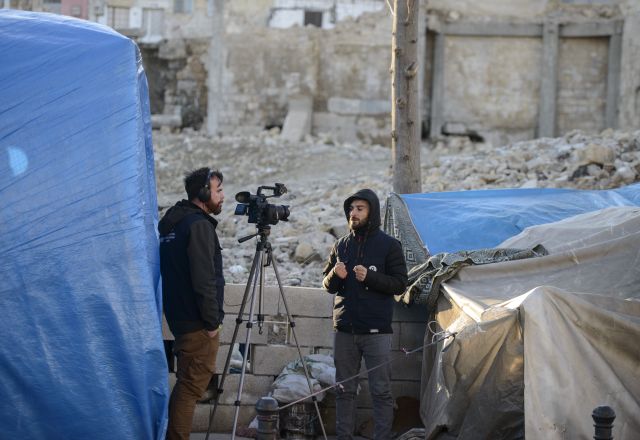
Media Hub
We are an expert voice on issues relating to inequality, poverty and injustice, linking the local to the global.
Media Hub
Policy Hub
Find out more about our influencing work to tackle the root causes of poverty.
News & Stories
Learn more about how Oxfam Ireland is fighting inequality to end poverty and injustice.
